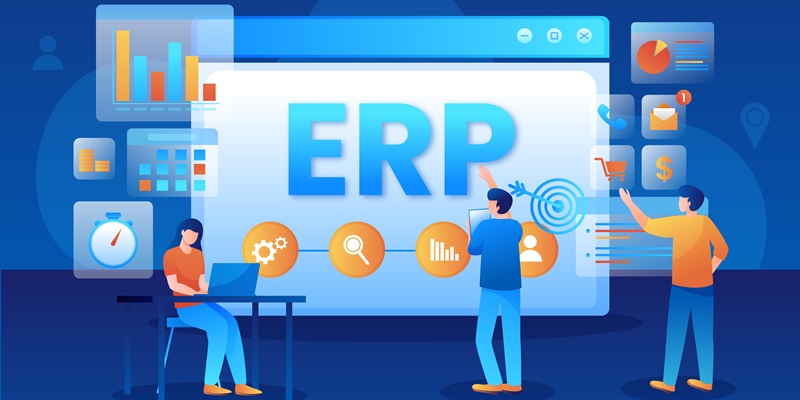2024’s corporate landscape sees companies eagerly revamping their Enterprise Resource Planning (ERP) systems, driven by the need for regulatory compliance and the substantial benefits offered by cloud computing. Businesses are recording a steadfast 8% growth since 2022 in this domain, investing in the update of outdated systems and integrating them with the cloud’s versatility, while also employing Artificial Intelligence (AI) to dramatically improve operational efficiency. Jen A. Miller examines this evolution, highlighting the complex reasons behind the shift and the growing expectations from technologically transformed ERPs. The trend underscores the criticality of keeping pace with advanced ERP solutions as a strategic imperative for thriving in today’s fast-evolving business milieu.
ERP Transformation Imperatives
The necessity to keep up with changing regulations and technological advancements prompts businesses to reshape their ERP setups. These transformations include not just phasing out old on-premise systems but, importantly, adopting flexible, cloud-based platforms. Chris Perry of West Monroe underscores that the new ERP deployments, though not significantly faster to implement, offer a stronger return on investment. It’s clear that today’s ERP system upgrades are about enhancing operational depth and quality rather than the speed of transition.
Preparing for the Cloud Migration
The need to preserve institutional knowledge in the face of retiring veterans has made businesses focus on creating ‘cultural documentation’ of their systems. Akshara Naik Lopez from Forrester emphasizes the importance of protecting specialized knowledge at risk of being lost in the move to cloud-based solutions. Documenting processes and expertise is crucial for smooth adoption of cloud ERPs, acting as an essential information repository for the digital transformation journey. This preparation ensures companies can maintain momentum without being impeded by knowledge gaps.
The Decline of On-Premise Systems
On-premise ERP systems are gradually becoming obsolete due to the rise of cloud computing. Perry notes the increasing challenge in obtaining on-premise or perpetual ERP licenses, as software vendors mainly offer cloud subscriptions. This rising dominance of cloud services means organizations must present compelling business cases to secure non-cloud licenses, marking a definitive shift in the ERP market landscape.
Phased Deployment Approaches
Companies increasingly adopt phased ERP software integration strategies to handle intricate compliance demands, as Joe Scioscia of VAI points out. Large, multifaceted organizations can focus on updating one department at a time, ultimately leading to a holistic system-wide operation. ERP providers now act as system integrators, linking disparate systems across locations and platforms to manage modern compliance and operational challenges. A step-by-step implementation allows for debugging and refinement, reducing disruptions to ongoing processes.
AI as a Catalyst for Efficiency
AI is quietly transforming efficiency within ERP systems by automating tasks such as invoice management and preempting system failures with data analysis. Although this automation marks significant progress, the full transformational impact of AI on ERP remains to be seen, as it continues to evolve.
Responding to Cybersecurity Threats
The integration of AI with ERP is creating formidable defenses against cybersecurity risks. Businesses use AI-enabled ERP systems for enhanced threat detection and sophisticated analysis to maintain the security and continuity of enterprise operations amidst rising cyber threats. This proactive cybersecurity stance is a vital component of the current ERP overhaul, providing strong protection for digital assets.
In 2024’s ERP system landscape, we see a focus on strategic advancement and a strong commitment to the latest AI and cloud technologies. This year promises smarter and more efficient ERP implementations that improve not just operational efficiency but also reinforce long-term business resilience and strategic planning.

